Results
-
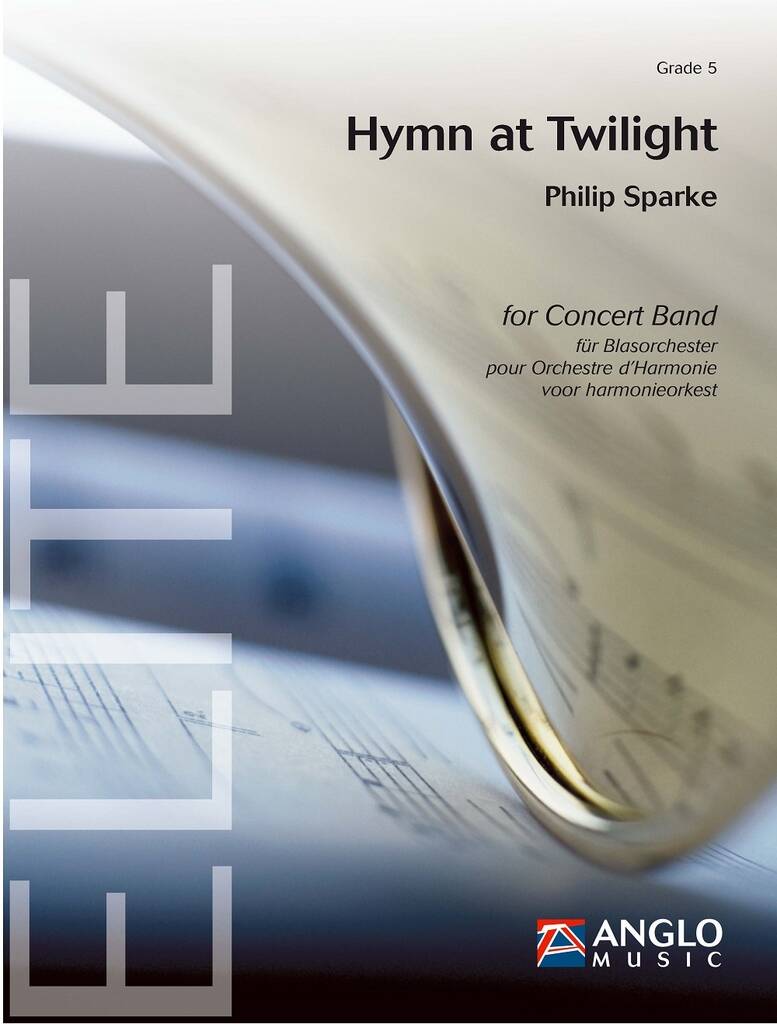 £110.99
£110.99Hymn at Twilight - Philip Sparke
Although specifically describing the uncertainty of approaching night and an evening prayer, Hymn at Twilight is actually about the human emotions of doubt, insecurity, hope and resolve. This solemn piece opens quietly and introduces a recurring four-note rising figure. Optimism, anxiety and resignation alternate, with the flute taking centre stage. Brass and woodwind take up the chorale. The piece ends in a mood of sanguine optimism.
Estimated dispatch 7-14 working days
-
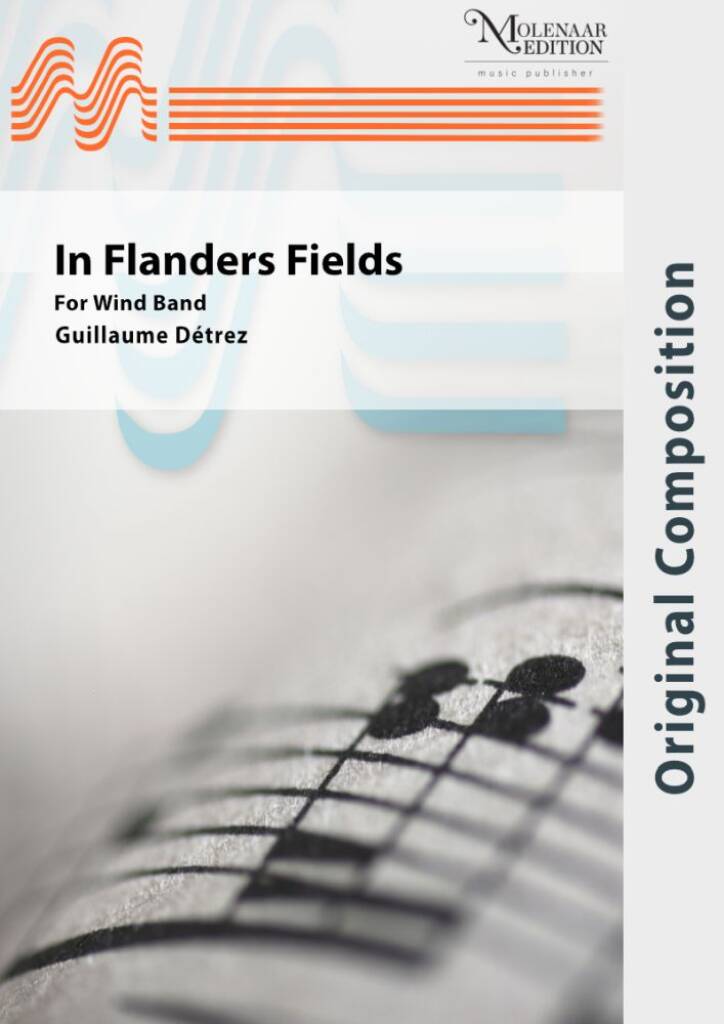 £119.60
£119.60In Flanders Fields - Guillaume Détrez
"In Flanders Fields" is a play recounting the Battle of Vimy Ridge (France) which took place from April 9 to 12, 1917. The introduction refers to the thousands of graves found at the site of Notre-Dame de Lorette. Then begins the episode of preparation and fierce battle. Thanks to the Canadian Expeditionary Force that came as reinforcements, the battle was won and the site secured at 6 a.m. (brass choir accompanied by 6 bells). The title of this work also refers to a poem by John Mac Rae located at the entrance to the memorial museum."In Flanders Fields"By Col. John McCrae,In Flanders Fields The poppies blowBetween the crosses row on rowThat mark our place; and in the skyThe larks, still bravely singing, flyScarce heard amid the guns below.We are the dead, short days agoWe lived, felt dawn, saw sunset glow,Loved and were loved and now we lieIn Flanders Fields.Take up our quarrel with the foeTo you, from failing hands, we throwThe torch, be yours to hold it high.If ye break faith with us, who dieWe shall not sleep, though poppies growIn Flanders Fields
Estimated dispatch 7-14 working days
-
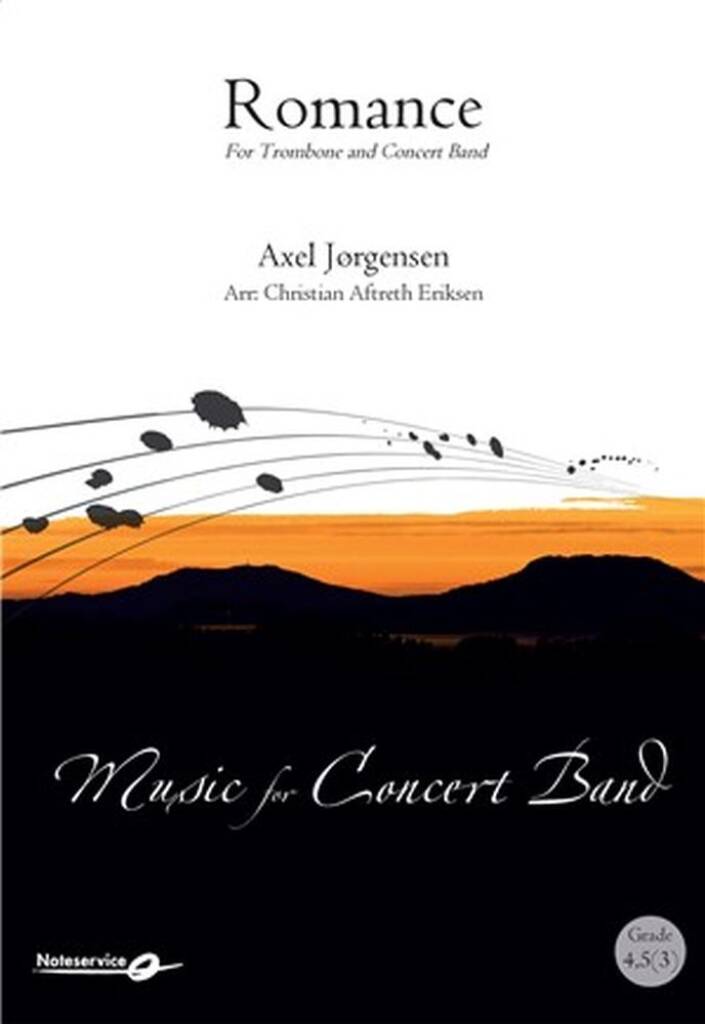 £137.70
£137.70Romance for Trombone and Concert Band - Axel Jørgensen
Axel Jrgensen was the solo viola in The Royal Danish Orchestra, and as a composer he had a large output, especially for brass.His Romance for trombone and orchestra is one of his most performed pieces, and was first performed by Anton Hansen, the famous teacher.In this arrangement for wind band has Eriksen kept the beautiful late romantic colours.
Estimated dispatch 7-14 working days
-
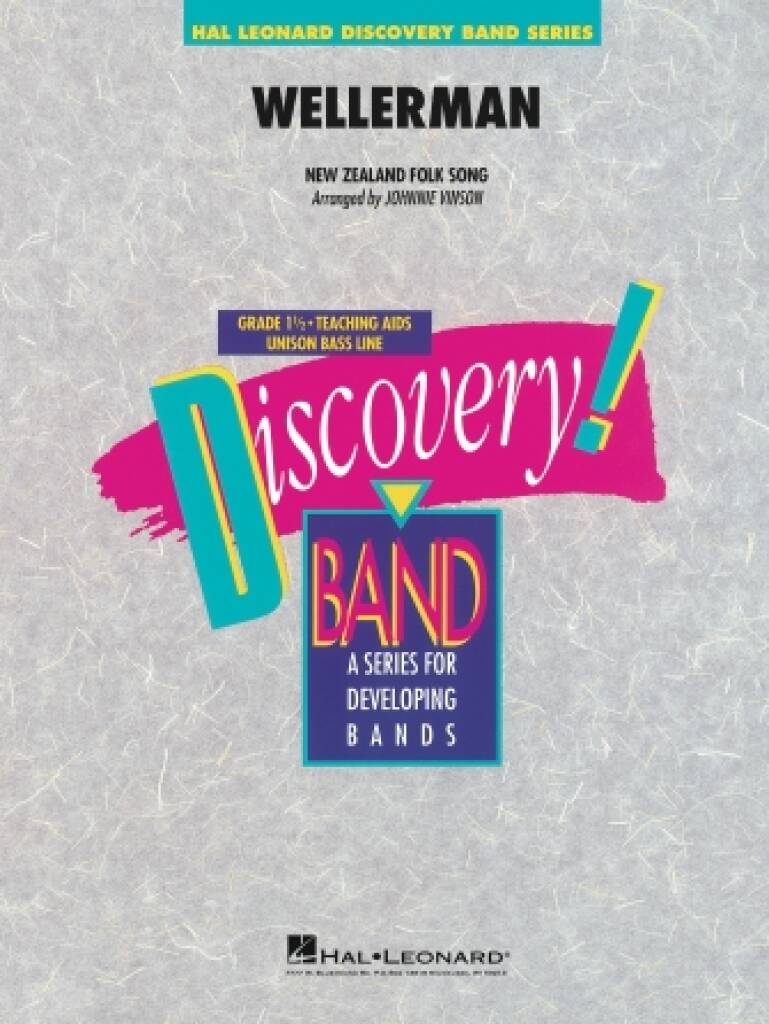 £53.50
£53.50Wellerman
Now even young players can join the sea shanty fun with this easy arrangement. There is plenty of variety mixed in and even a melody spot for the low brass!
Estimated dispatch 7-14 working days
-
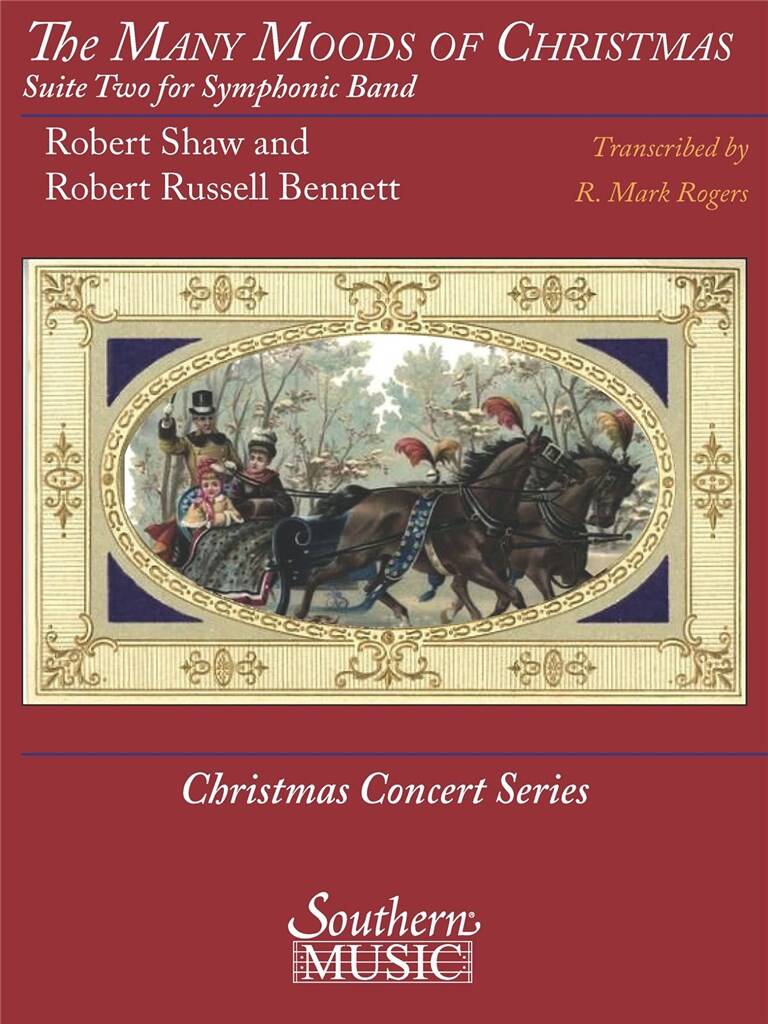 £104.99
£104.99The Many Moods of Christmas: Suite No. 2 - Robert Russell Bennett
The extensive passages for orchestra alone in The Many Moods of Christmas suites represent some of Robert Russell Bennett's most brilliant and attractive writing based on familiar carols. This Mark Rogers Edition for wind band alone is the initial offering in an ongoing series which will bring all four of these suites to the repertory of band conductors in the coming years. Included are Joy to the Worls, with optional antiphonal Salvation Army brass band, the Pastoral Symphony from Handels Messiah, Away in a Manger, concluding with a rousing medley of The March of the Three Kings and Fum, Fum, Fum!
Estimated dispatch 7-14 working days
-
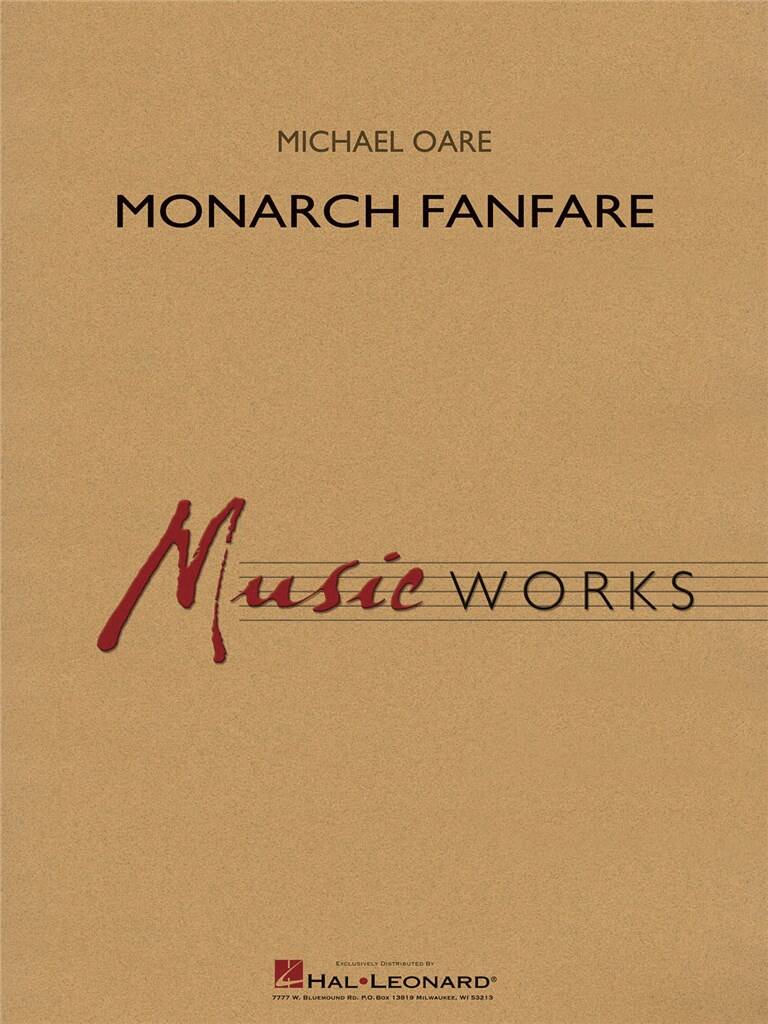 £64.99
£64.99Monarch Fanfare - Michael Oare
Utilizing an array of sparkling brass figures contrasted with brief lyric passages and dynamic shifts in texture, this work is equally effective as a concert opener or any type of celebratory event. Carefully paced for a dramatic and powerful impact.
Estimated dispatch 7-14 working days
-
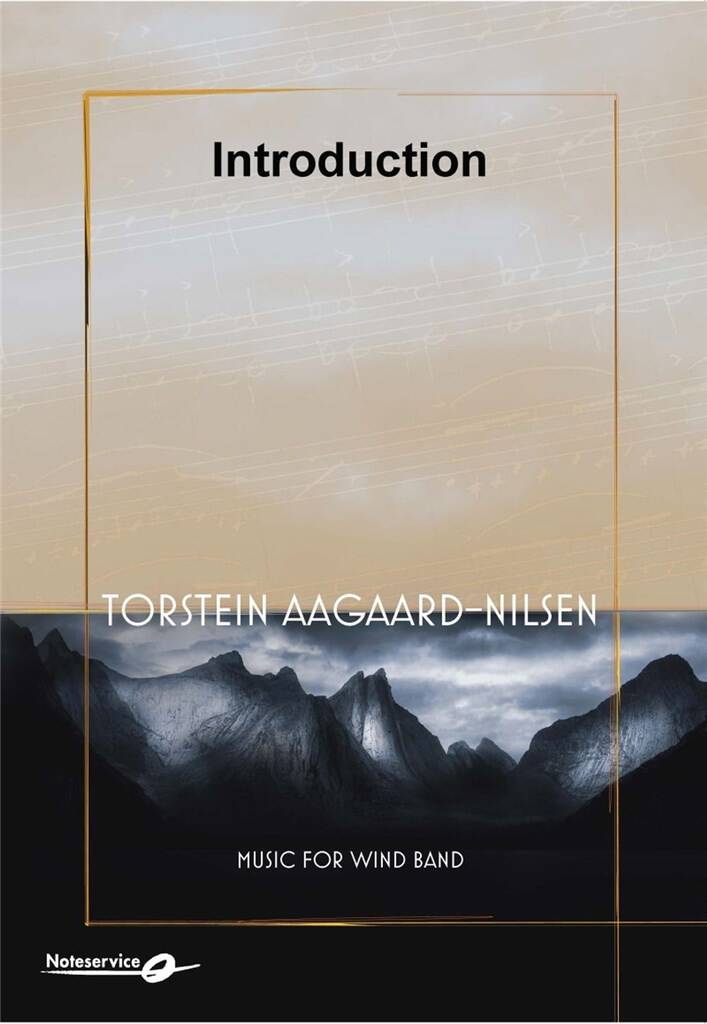 £149.40
£149.40Introduction - Torstein Aagaard-Nilsen
"Introduction" is a short concert opener. I quote a couple of Norwegian Folk Tunes to make a musical picture of the Vikings running from the seashore to face a battle. They used to drink something made of mushrooms to prevent fear and pain - They became Berserkings! The piece was originally scored for Brass Band and commissioned by Manger Musikklag in 1998. This version was commissioned by The Royal Norwegian Navy Band in 2002 and re-edited in 2018.
Estimated dispatch 7-14 working days
-
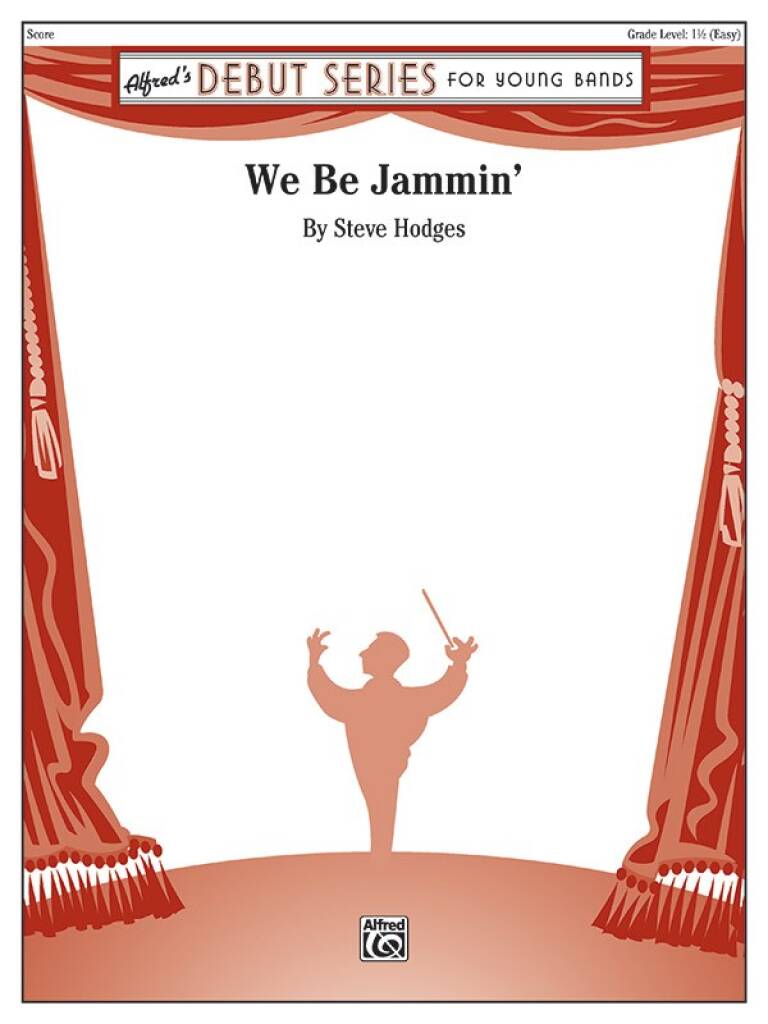 £48.95
£48.95We Be Jammin - Steve Hodges
Here is an opportunity for the young band to experience elements of reggae music. Percussion and bass sections lay down a strong groove while woodwinds and brass add characteristic off-beat accompaniment patterns and alaid-back melody. A great teaching tool to introduce this style of music.
Estimated dispatch 7-14 working days
-
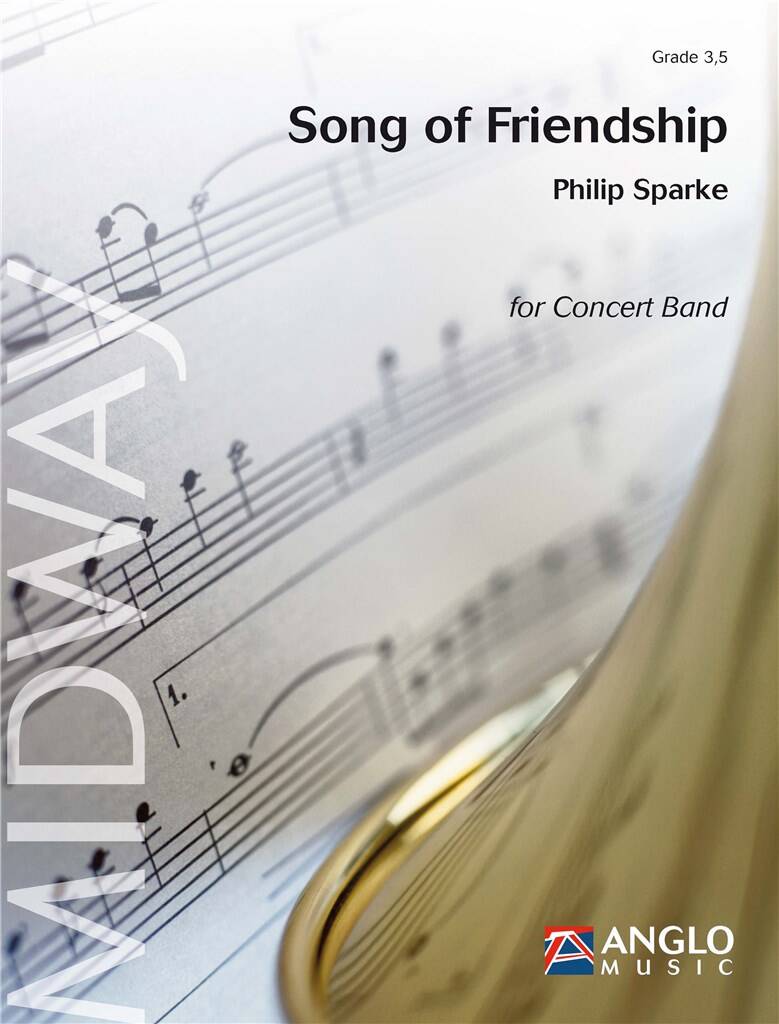 £106.99
£106.99Song Of Friendship - Philip Sparke
Song of Friendship was commissioned by the Concert Band of Jumonji University, Saitama, Japan and their conductor, Yutaka Nishida. The commission marked the 50th year of Yutaka Nishida's involvement with bands as a player, conductor and radio presenter. The ceremonial Song of Friendship opens with an extended fanfare, largely featuring the brass section. This leads to the main theme, which develops slowly until it is played by the full band. A change of key signals a contrasting central section containing a quiet woodwind chorale, which grows until the return of the triumphant sounding main theme. Elements of the opening fanfare then close the work.
Estimated dispatch 7-14 working days
-
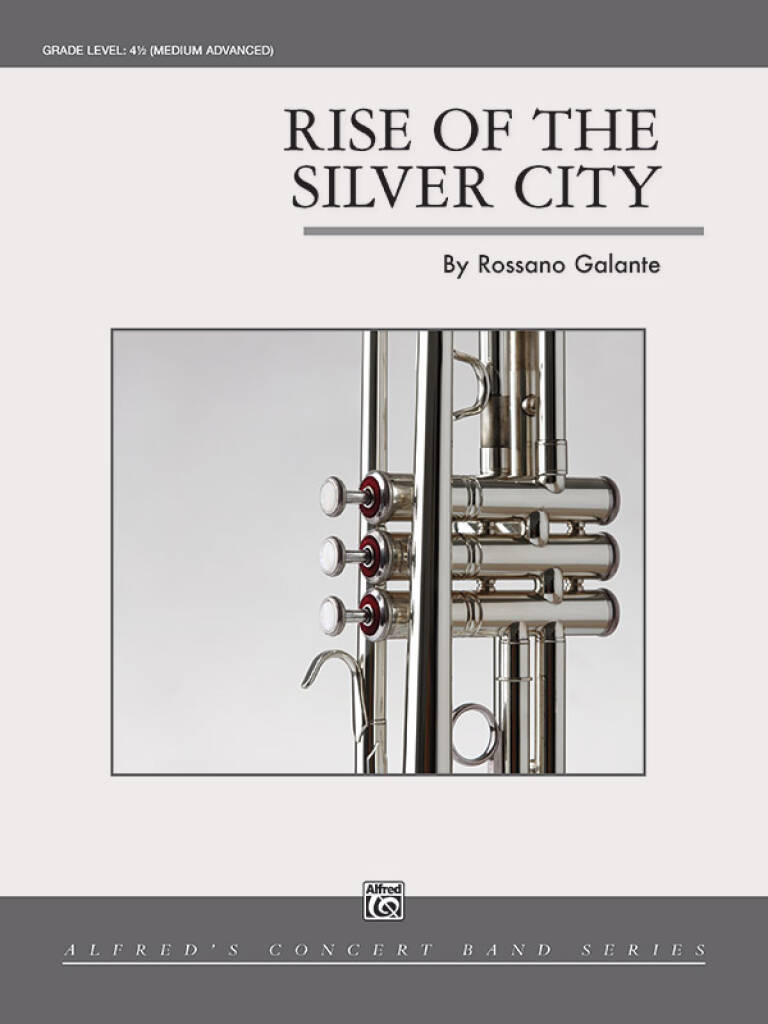 £82.95
£82.95Rise Of The Silver City - Rossano Galante
The title of this colorful work is derived from Meriden, CTonce the silver capital of the world. Brass flourishes, lyrical woodwinds, and stately themes lead to the heroic climax. (4:30)
Estimated dispatch 7-14 working days
